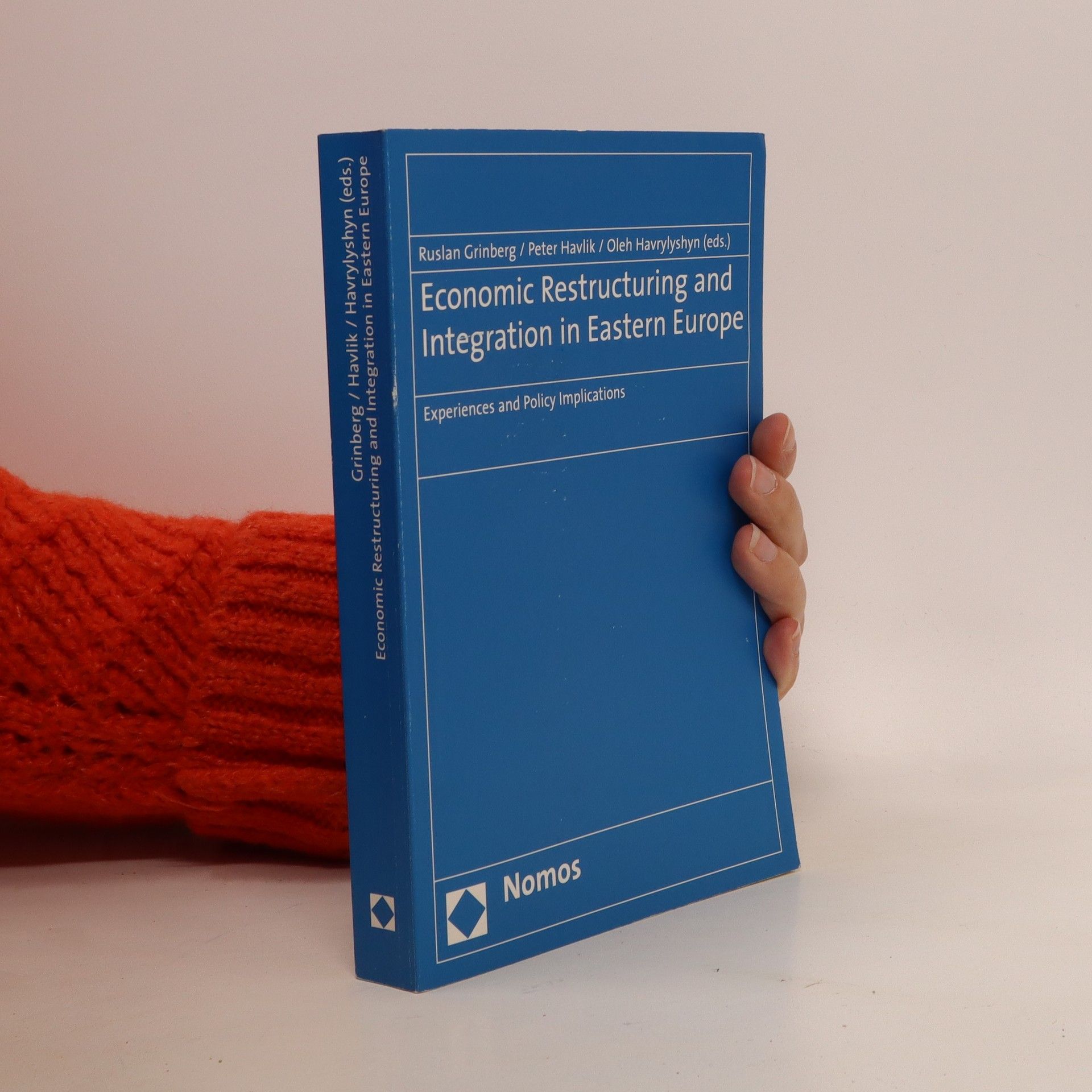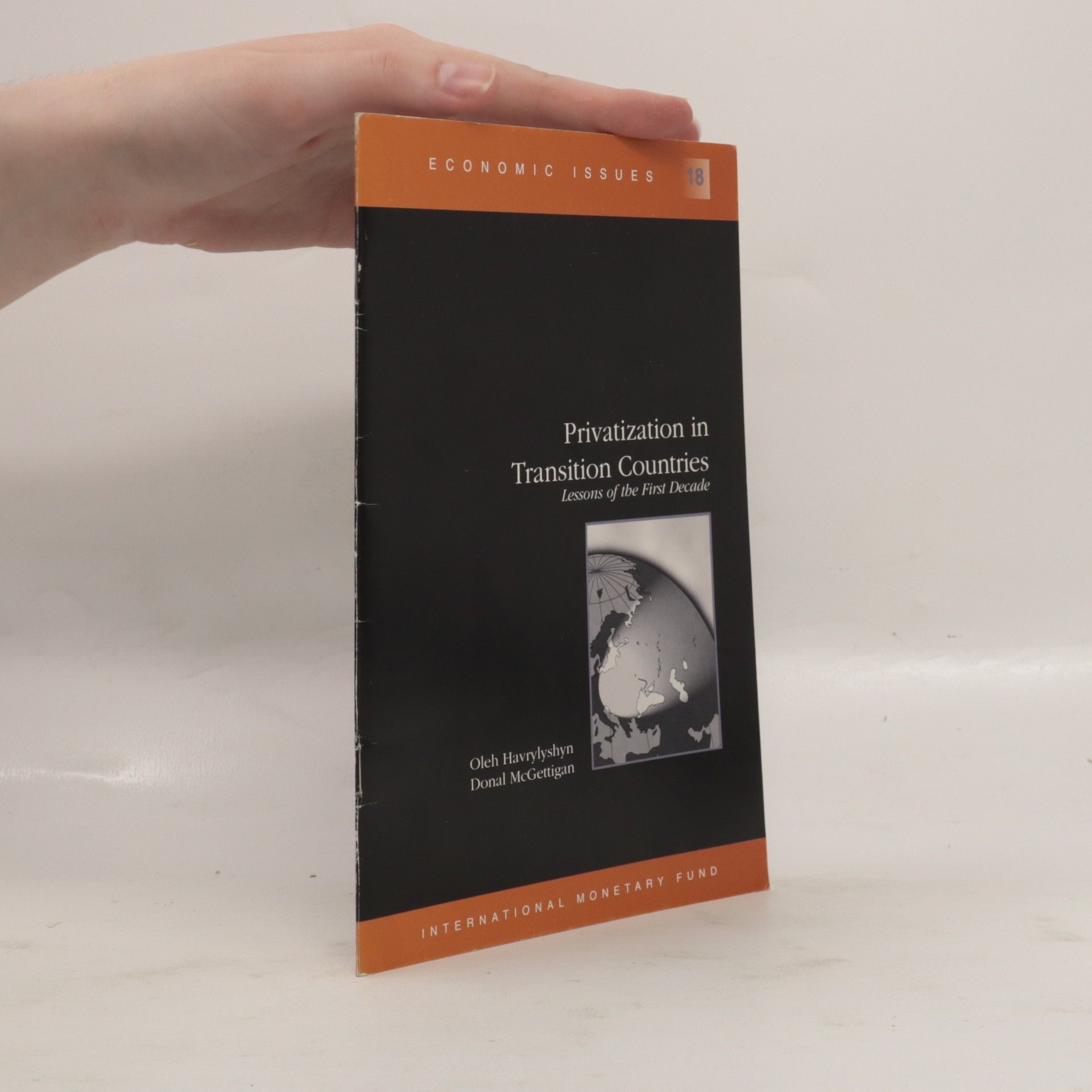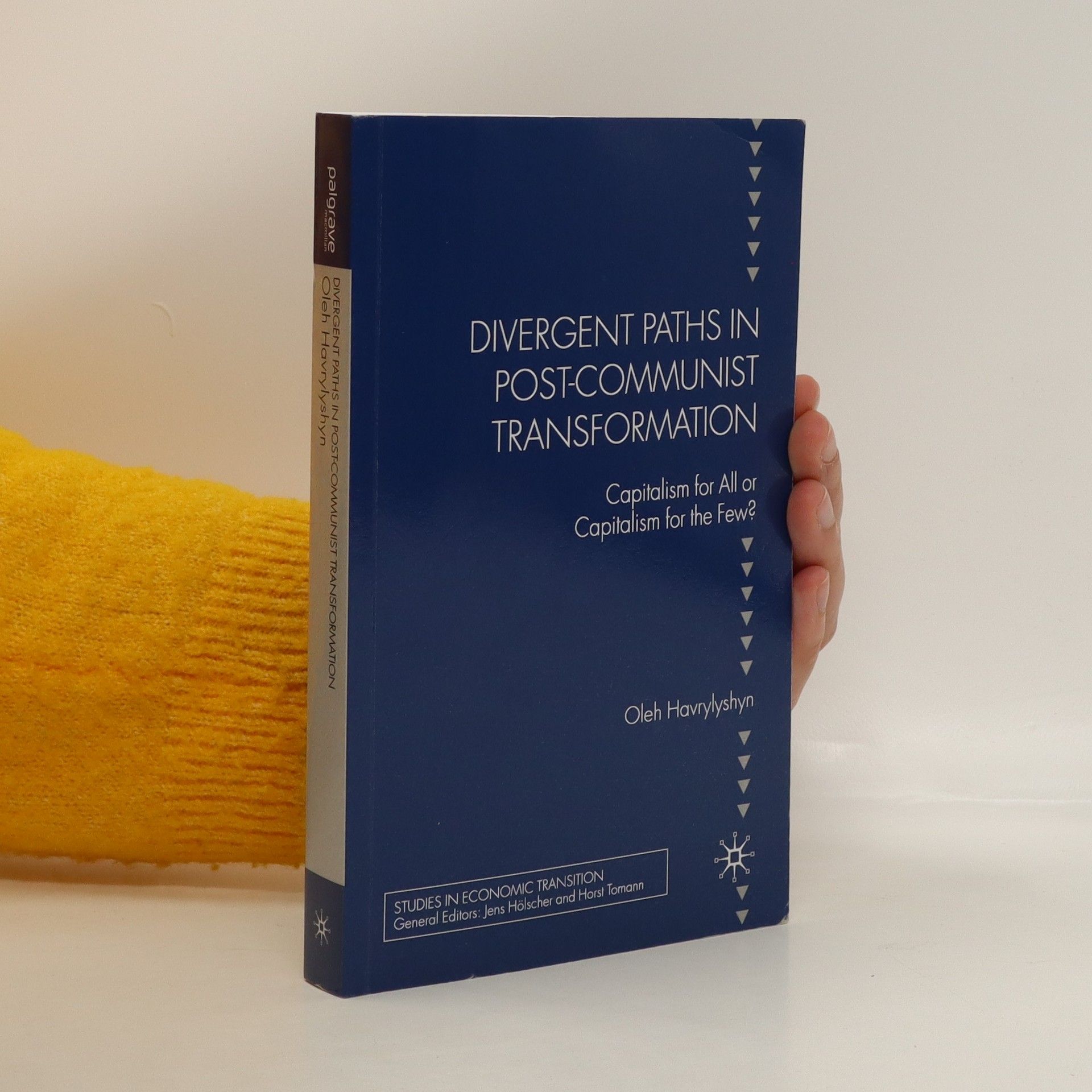Present at the Transition
- 334pages
- 12 heures de lecture
A unique, primary source account of the practical and theoretical aspects of economic transitions, this book is a valuable resource for students and specialists of economics, political science, and history. Clear in style, this reference will also appeal to general readers interested in government and business in post-communist regions.



